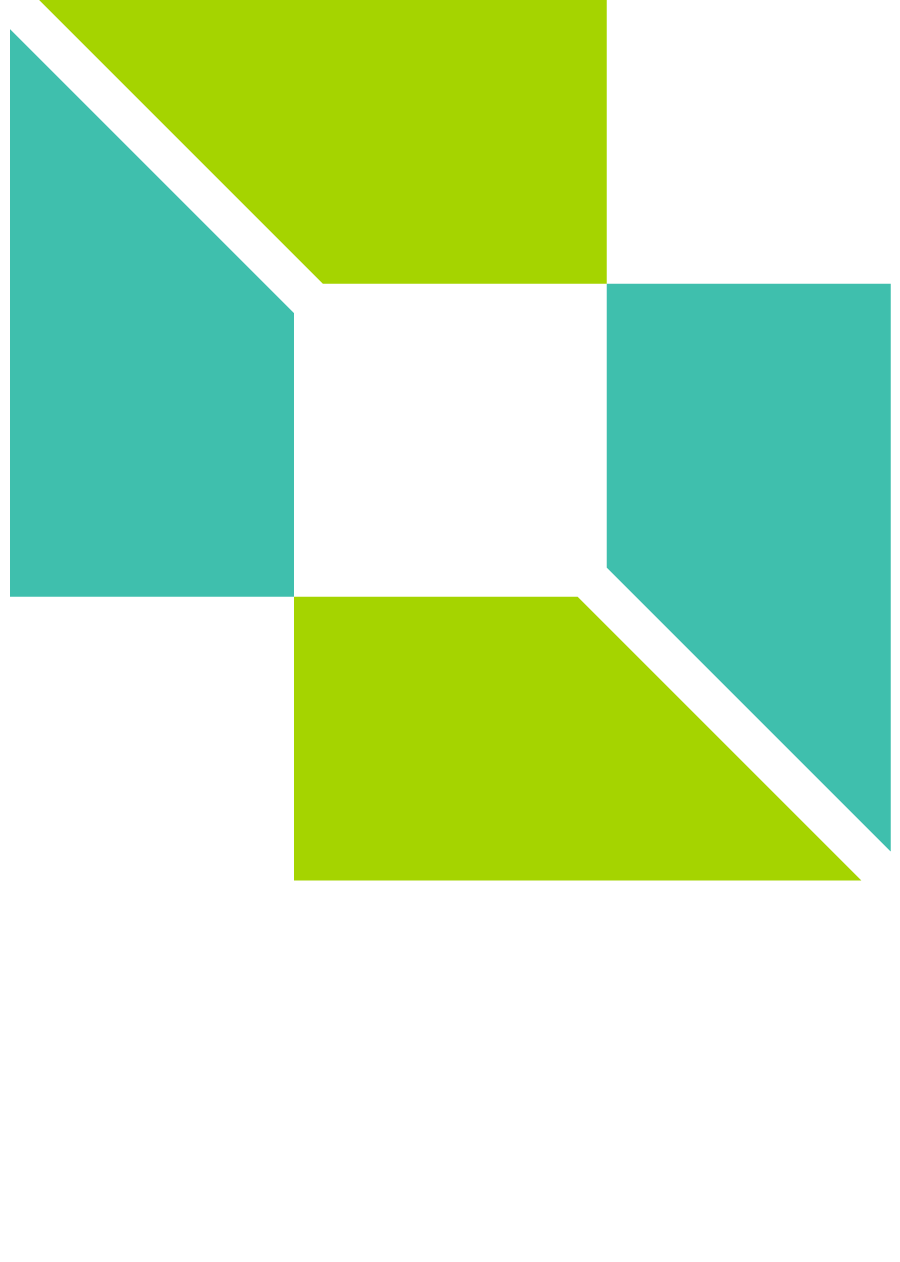Attending college can be stressful – particularly when the end of the semester is right around the corner and you have to study for exams, write several essays, finish that one homework assignment that you forgot about, and (please) let’s not even talk about finals.
Being a student is simply time-consuming. Fortunately, Thanksgiving break comes right during that time when students are busiest, giving them additional time to take a breath, catch up, and recharge their batteries.
You might be able to relate to this, but now imagine that it is the Monday morning after Thanksgiving week: you suddenly realize that you relaxed a little too much during the break, and you now find yourself stressing about what needs to get done before the semester ends. Does this also sound familiar? Well, this is “post-break syndrome.” When you hit this point, you are in a worse position than you were before the break as you have less time to meet your deadlines, but don’t worry – there are ways to prevent suffering from “post-break syndrome” and you can still get to have plenty of time to relax during Thanksgiving break. Here are two good ways to achieve this:
1) Get Ahead of the Game
It is easy to forget about homework after just a few days of not going to classes; this is when reading your syllabus ahead of time and spending time finishing some work before the break will help. Let’s be honest: most students don’t have the willpower or the time to do school work during the break, but doing it in advance will not only help you stay productive, but also buy you more time to relax, enjoy some well-deserved time off, and avoid stressfully rushing through homework after the break.
2) Set a Schedule & Get Things Done
Every student follows a schedule and routine, whether it is just going to class or going to the gym. If you really want to get work done before the break, a great tip to push yourself into getting things done is by writing down exactly what you have to do and setting times for yourself of when you will do it. Make your post-break homework part of your before-break schedule.
Adding your tasks to your calendar is a powerful exercise to push aside the daily interruptions that prevent you from getting things done. It allows you to transition from being in a reactive state of mind to becoming a proactive person. Additionally, even if you don’t get anything done before the break, just writing things down or having a to-do list allows you to prioritize your tasks and increase your own self-awareness of what you have to do. This lowers stress levels and helps avoid “post-break syndrome.”
As Thanksgiving break approaches, try using these tips as a two-step process to become more productive and proactive. No one likes worrying about things that are easily preventable, so ask yourself how it would feel to go through the final weeks of class without feeling much stress, and try experiencing it for yourself.
By: Jesús Salaverría


